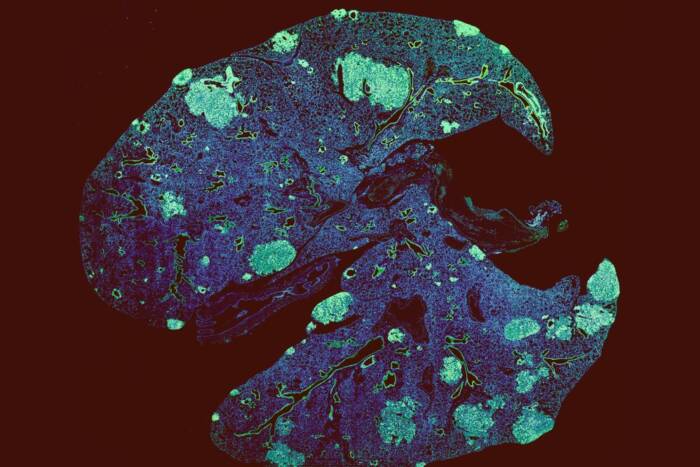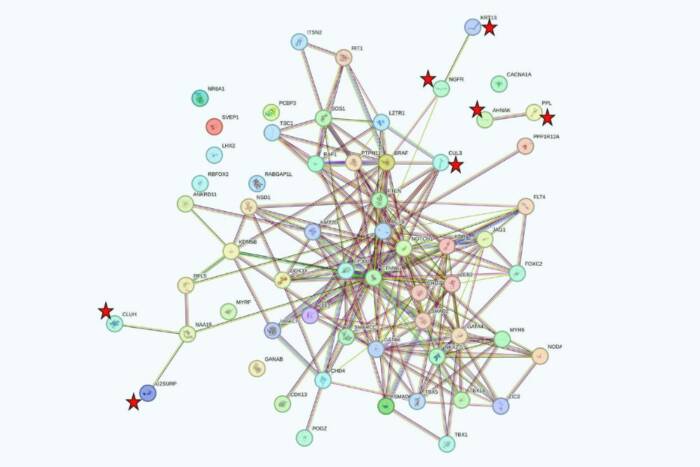Acute stress improves working memory, research suggests
Day after day of chronic stress will wear a person down physically and mentally. But new research suggests that the acute stress produced by a brief run-in with a stressful scenario acts on a key brain region controlling emotion and cognition, temporarily improving learning and memory.
Researchers at The Rockefeller University and the University at Buffalo have shown that acute stress in rats enhances certain brain functions through the effect of the stress hormone corticosterone (cortisol in humans) on the brain’s prefrontal cortex. In research to be published online in the Proceedings of the National Academy of Sciences, they show that stress hormones increase transmission of the neurotransmitter glutamate and improve working memory.
“This study emphasizes that stress hormones like cortisol are beneficial to brain function in small pulses, even though they have a bad reputation when they act at high doses or over long time periods,” says Bruce S. McEwen, head of the Harold and Margaret Milliken Hatch Laboratory of Neuroendocrinology at The Rockefeller University.
With Rockefeller postdoctoral fellow Ilia Karatsoreos and University at Buffalo collaborators, McEwen designed experiments to test the effect of acute stress on working memory. First, researchers trained rats in a maze until they could complete it correctly 60 to 70 percent of the time. When the rodents reached this level of accuracy for two days, half were put through a 20-minute forced swim — an acute stressor — and then were challenged with the maze again. The stressed rats made fewer mistakes as they went through the maze both four hours after the swim and one day post-stress, compared to the nonstressed rats.
To determine if the corticosterone neuropathway was responsible for the improved memory, as proposed, researchers injected one group of rats before the forced swim with a medicinal compound that blocks the action of the stress hormone, and injected another group with saline. Results showed that the saline group performed better in the maze than the blocked group.
“It is known that stress has both positive and negative actions in the brain, but the underlying mechanism is elusive,” said Zhen Yan, professor of physiology and biophysics at UB. “Several key brain regions involved in cognition and emotions, including the prefrontal cortex, have been identified as the primary target of corticosteroid, the major stress hormone.”
“Our current study identifies a novel mechanism that underlies the impact of acute stress on working memory, a cognitive process depending on glutamate receptor-mediated excitatory signals in prefrontal cortex circuits.” The investigators have expanded this research in several directions. In a paper currently under review, they have identified the key signaling molecules that link acute stress to the enhancement of glutamate receptors and working memory.
“In addition,” noted Yan, “we have discovered that chronic stress suppresses the transmission of glutamate in the prefrontal cortex of male rodents — which is opposite to the facilitating effect of acute stress — and that estrogen receptors in female rodents make them more resilient to chronic stress than male rats.
“All these studies should bring new insights into the complex actions of stress in different circumstances that may be applicable to humans in the future,” she said.
 |
Proceedings of the National Academy of Sciences online: July 29, 2009 Acute stress enhances glutamatergic transmission in prefrontal cortex and facilitates working memory Eunice Y. Yuen, Wenhua Liu, Ilia N. Karatsoreos, Jian Feng, Bruce S. McEwen and Zhen Yan |


